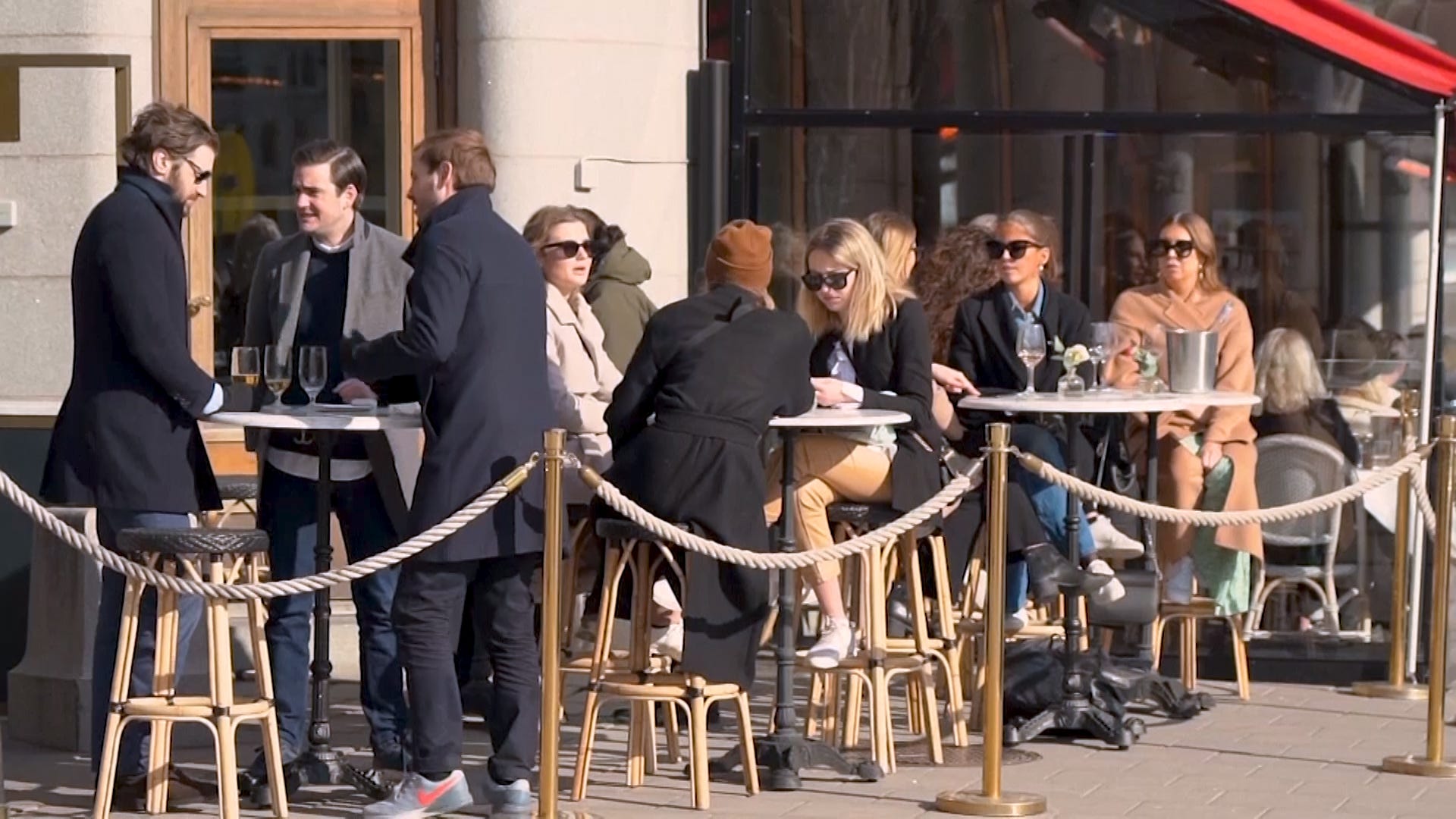- Sweden is resisting international trends by not implementing a lockdown or strict social distancing measures to fight the coronavirus.
- Researchers and scientists in Sweden have criticized the government’s decision to allow businesses to remain open.
- More than 2,000 experts signed an open letter calling for stronger action, and some fear that a surge in coronavirus deaths is imminent.
- But government officials have defended the strategy.
- View more episodes of Business Insider Today on Facebook.
Scientists in Sweden are criticizing the government for deciding not to implement a lockdown to halt the spread of the coronavirus.
While the Swedish government has encouraged residents to practice social distancing and limit the size of public gatherings, it has stopped short of closing workplaces, bars, and restaurants as other countries have done.
Officials in the country have defended the strategy, but some experts fear it could backfire, including Cecilia Soderberg-Naucler, an immunologist at the Karolinska Institute in Stockholm.
“We are scientists. We don’t trust authorities. We trust data. And we don’t see the data that supports that we should go for this strategy as the only country in the world,” Soderberg-Naucler told Reuters. “And when you get into an overload in the healthcare system, you don’t have a choice to close down. You will have to close down, and it would have been better to do that earlier so we can keep this in a controlled situation.”
Soderberg-Naucler was one of the more than 2,300 Swedish researchers who demanded stricter regulations in an open letter late last month, two days after the United Kingdom imposed a nationwide lockdown.
It's not as if Sweden has escaped lightly. The number of confirmed cases and deaths of people who have tested positive for coronavirus is following a similar incline to other European countries. As of April 8, Sweden had nearly 8,500 reported cases and 687 deaths.
And some experts predict a surge in cases in the coming days. Anne Rosendahl, a nurse at Uppsala University Hospital, told NBC News she's already seeing an increase of patients needing intensive care.
"They are seriously ill," she told NBC News. "Half of the people that I care for are young patients, and most of them have no pre-existing illnesses."
But Anders Tegnell, Sweden's state epidemiologist, is among the proponents of the country's liberal restriction strategy.
"This level of measures that we have in Sweden - there is no problem for us to keep it running for months," he told Reuters. "Closing schools, more stringent measures like that, closing borders - you cannot do that for months or years ahead. But what we are doing in Sweden we can continue doing for a long time, and I think that's going to prove to be very important in the long run."
And the calculated risk seems to have won over many Swedish consumers and business owners, at least for now. Hosep Seropian, owner of Cafe Pascal in Stockholm, said he's seen business drop by about 50% since the pandemic broke out, but the lack of restrictions is helping people maintain a semblance of normal life.
"Here in Sweden if you are young, if you are healthy, then go out and try to live as normal as you can. That's what I'm doing," he told Reuters.
"Many people are coming here to support us because they want us still here after this crisis is over. Support your locals - go out."
